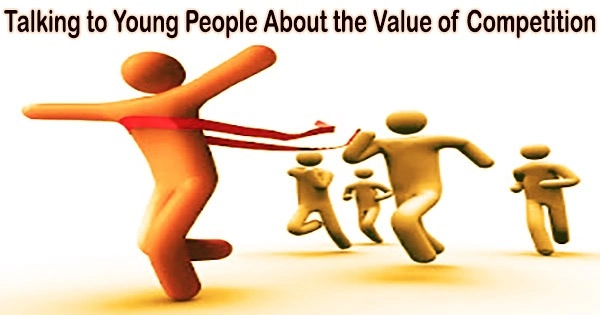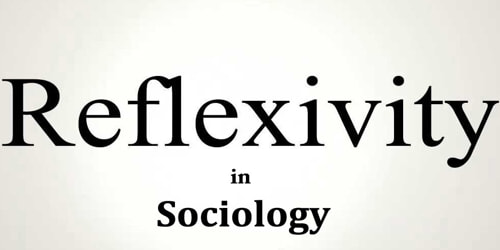Competition plays a significant role in various aspects of society, economics, and personal development. It drives innovation, efficiency, and growth while encouraging individuals and organizations to strive for excellence.
If childhood is the age of social innocence (when much that is wanted is freely provided), adolescence is the onset of social reality (when more of what is wanted must be earned or won.)
The competition to acquire what one desires in life increases as a person matures. However, it’s important to note that while competition offers numerous benefits, it should also be balanced with ethical considerations, fair practices, and regulations to prevent negative outcomes such as cutthroat competition, exploitation, and the erosion of ethical standards.
Competition in Athletics
When students approach middle school, secondary school sports become more selective and competitive, in contrast to early elementary school when athletics were all-inclusive, entirely recreational, and just played for the healthy enjoyment of it.
You now decide to join, make a commitment to working out, compete with other teams, and try out for playing time. Athletic play has become more intense, serious, and demanding, though it is still enjoyable.
The ball is the most widely used representation of athletic competition because the majority of youth sports are “ball” sports. Such a versatile object is a ball! You can throw it, catch it, kick it, block it, pitch it, hit it, shoot it, serve it, carry it, steal it, run it, pass it, for example. There are so many sporting ways to manipulate a ball!
And in the process of participating in these ball games, there is much about commitment (working to improve), cooperation (working with others), composure (working for self-control), and competition (working to win) that this athletic competition has to teach.
Competition in Academics
Academically speaking, while in the early grades all students were taught the same entry curriculum, at some point ability monitoring based on academic performance started as more difficult material was given to higher achievers.
And now, academic performance can influence instructional treatment.
Classroom education is partly a grading system. Students must compete with each other to do well, understanding how on any given test, not everyone will get an ‘A.’ Then, as they become older, secondary students comprehend the connection between academic success and potential career and educational options.
Competition in Life
At the conclusion of adolescence, young people are thrust into a socially difficult world that becomes intensely competitive as they are forced to work toward independence alongside others who are doing the same.
Now competition has become an important life skill that young people must depend upon in many ways. Consider a few.
- Competition can be for survival: getting enough.
- Competition can be for control: establishing dominance.
- Competition can be for inclusion: obtaining membership.
- Competition can be for opportunity: earning a chance.
- Competition can be for excellence: elevating performance.
- Competition can be for winning: beating the opposition.
- Competition can be for enjoyment: the pleasure of play.
- Competition can be for advancement: getting ahead.
- Competition can be for ambition: setting goals.
- Competition can be for motivation: inspiring effort.
- Competition can be for arousal: stimulating excitement.
Competition can serve many purposes.
Feeling Competitive
Of course, there are differences among young people in terms of how competitive they feel at ease, how much they enjoy competing, and what they are willing to strive for. On the whole, though, it’s worthwhile for parents to support their children in learning how to fight for opportunities in a difficult world because it’s a crucial life skill. “If getting to do this truly interests or matters to you, we support you giving it a competitive try.”
Societal competition is not a good or a bad; it’s a complicated reality. And the older a young person grows, the more pressing and complex it becomes. It’s a serious game to play since by the time adolescence is through, independence in adulthood is secured and advanced in large part by one’s capacity to compete.
What Parents Might Say
So: what to say about competition to your teenager. Perhaps start with something like this:
To make your way and get your way in the world, those opportunities you want, others will often want too. So there will be competition for who gets or gets to do what. To enter the competition takes trying, and trying is no guarantee of success. However, if you don’t play, you can’t win; and if you do play, you won’t win all the time.
Although risking disappointment when losing, you will still gain valuable knowledge and experience. Losses are always instructive (teaching what to do differently or better the next time), while determination and confidence can grow from making the attempt. Then there is regret: if you don’t try, you will never know, and you may always wonder.
You only get one trip through life, so consider leading it the best you can. Competition is about taking chances, and life is always chancy. However, the importance of engaging in the competition is not just in achieving the outcome you desire. When you engage, you dare to hope.
Competition can occasionally result in winning and occasionally in losing, but it’s always about something else. You reinforce who you are as a person and the value of pursuing your goals as you strive. That’s really the point.
















